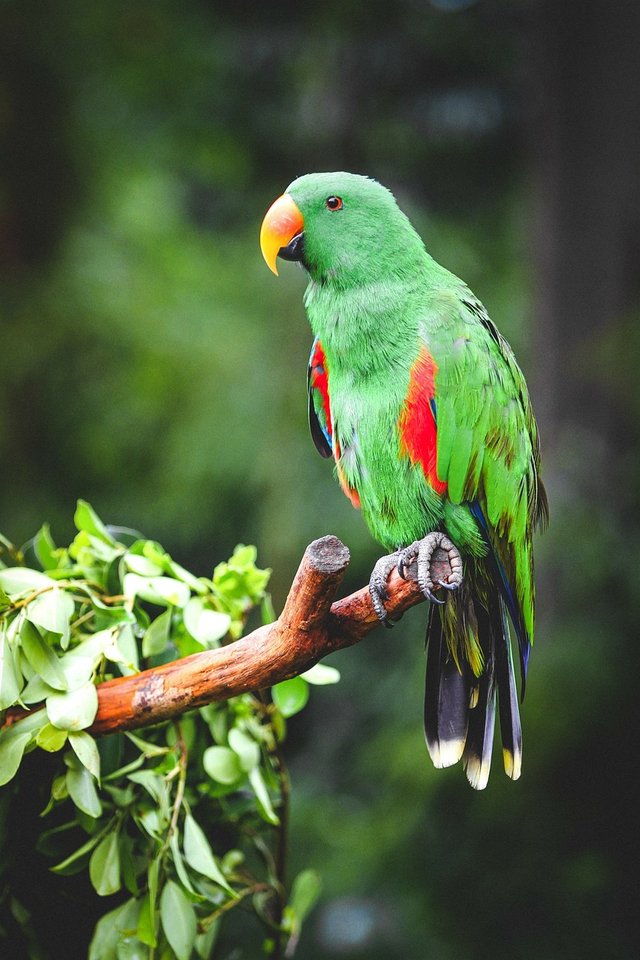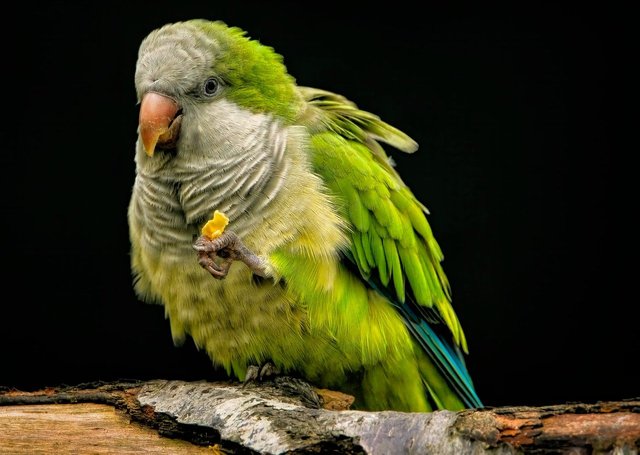Parrots and How to care for them

Parrots, also known as parrots, are a type of bird that is popular among bird lovers. They are known for their high intelligence, striking fur coloration, and their ability to imitate human voices and other sounds. Caring for parrots requires special attention to aspects such as health, nutrition, environment and social interactions.
Environment
Parrots need a cage or enclosure large enough for them to move and fly. The cage should be equipped with a strong chain or tree branch for them to climb, along with toys such as bells or ropes for them to bite and chew on. Parrots are very active and need mental stimulation, so it is important to give them opportunities to interact with their environment.
Nutrition
In terms of food, parrots tend to be omnivorous. They eat a variety of grains, fruits, vegetables, and proteins such as hard-boiled eggs or lean meat. It is important to ensure that they receive a balanced diet containing essential vitamins and minerals. They can also be given additional food such as calcium or vitamin supplements if necessary, especially during periods of growth or reproduction.

Health care
Parrot health is very important. Monthly health checks by a bird veterinarian are recommended to ensure they are free of disease and parasites. Routine health care also includes cleaning the cage regularly, monitoring their diet and behavior for signs of illness, and ensuring they have access to clean water at all times.
Social interaction
Parrots are social and intelligent. They need interaction with their owners and other birds whenever possible. This could mean making time to play and talk with them, giving them opportunities to fly outside the cage with supervision, or considering having more than one parrot to give them opportunities to interact.
Training and Mental Stimulation
Training can be an important part of caring for a parrot. They can be trained to say certain words or phrases, and learn simple tricks such as dropping toys into containers or climbing ladders. This not only provides good mental stimulation, but also strengthens the bond between the bird and its owner.
Conclusion
Caring for a parrot is a responsibility that requires commitment and knowledge. By providing a safe and enjoyable environment, a balanced diet, proper medical attention, and adequate social interaction, you can ensure that your parrot lives a happy and healthy life. Don't forget to always look for the latest information on parrot care to ensure they get the best care they need.